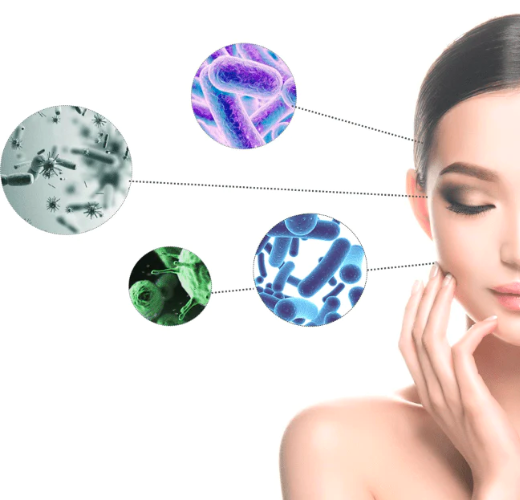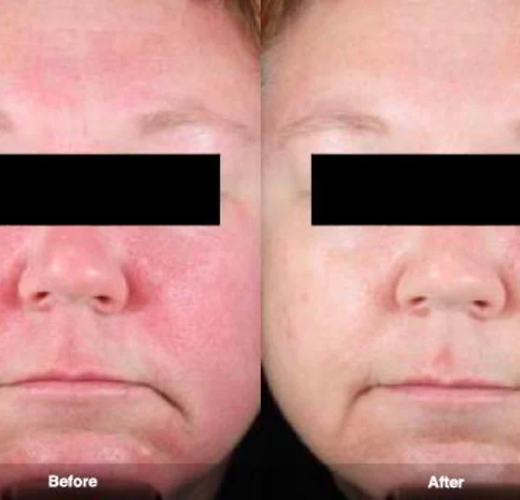The skin “microbiome” is getting a lot of attention these days. The subject of much research (and a selling point for more and more skincare brands), the microbiome is going mainstream thanks to products from international giants like Dove and La Roche-Posay. Small, independent brands have jumped on the bandwagon as well, and many of these are wholly dedicated to microbiome maintenance. If you’re wondering what this even means, here’s the basic info you need to know.
The skin plays host to an invisible protective layer of bacteria—but not necessarily the “germs” that cause illness and infection. In fact, the microbiome consists of “good” bacteria that help keep “bad” bacteria in check. We’ve been hearing about the benefits of probiotics and “healthy cultures” for maintaining bacterial equilibrium in our digestive tracks, and science (as well as skincare companies) have set their sights on the importance of bacterial balance on the skin.
Although more research needs to be performed, an imbalance in this invisible ecosystem on the surface of our skin has been linked to acne, rosacea, eczema and other common skin conditions, as well as cellular inflammation that is believed to play a part in skin aging and hair loss. The theory is, feeding the skin the right kind of bacteria can help maintain the balance of “good” and “bad” and have beneficial effects for overall skin health and an array of common concerns.
At this point in time, the easiest way to maintain the microbiome is to be gentle on the skin. This means using mild cleansers (instead of harsh soap) and taking extra steps to help restore the skin’s barrier when using exfoliating ingredients like retinol and glycolic or salicylic acids, and after professional treatments like facials and peels. For the time being, I don’t recommend splurging on skincare that claims to contain probiotics, because these are living bacteria that are likely to be ineffective by the time they are applied to your skin. Prebiotics are a different story, as these plant-based ingredients are essentially food for the good bacteria already living on your skin and have been proven to have beneficial effects.
The takeaway: Expect to hear a lot more about the microbiome in the months and years to come. And remember, taking a holistic approach to health that respects your body both inside and out is the best way to preserve and enhance its natural functions—including the well-being of your skin.



